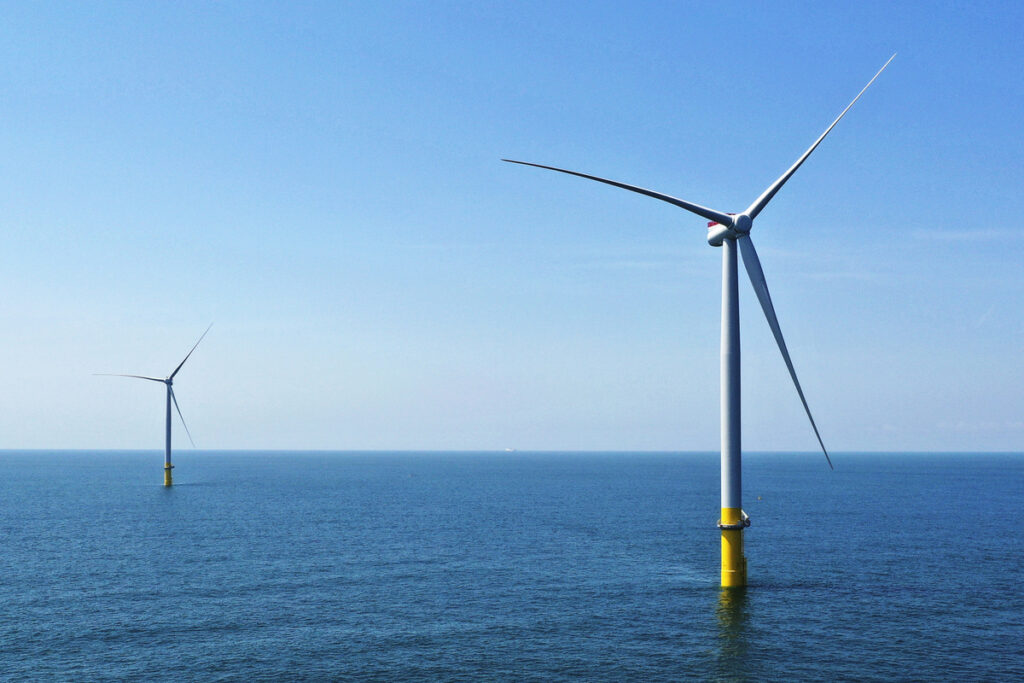In a surprising turn of events, House Speaker Mike Johnson has thrown his support behind a major offshore wind initiative in Virginia, putting him at odds with President Donald Trump’s longstanding opposition to wind energy development. The move, reported on September 10, 2025, signals a rare instance of internal disagreement within the Republican Party over energy policy and highlights the growing tension between local economic priorities and national energy agendas.
The project in question, known as the Coastal Virginia Offshore Wind (CVOW) project, is poised to become the largest offshore wind venture in the United States. With 176 turbines planned, the project will generate 2.6 gigawatts of electricity once completed, enough to power hundreds of thousands of homes sustainably. Two pilot turbines are already producing electricity, and the project is nearly 80% complete. Virginia ratepayers have already invested substantial funds, making the continuation of CVOW both an economic and environmental imperative.
Johnson’s support comes after lobbying from Virginia Republican Representative Jen Kiggans, who represents the district where the project is located. Kiggans emphasized the strategic importance of the project, particularly its links to a nearby naval base, and the economic benefits it would bring to her competitive district. This intervention underscores how local priorities—job creation, energy independence, and economic growth—can sometimes clash with broader political narratives.
President Trump’s administration has taken a markedly different approach. Since returning to office, his team has actively sought to halt offshore wind development, citing high costs and environmental concerns. Actions have included a temporary pause on new federal permits for offshore wind, rescinding clean energy tax credits via the “One Big Beautiful Bill Act,” and issuing stop-work orders for projects like Revolution Wind off Rhode Island and Empire Wind in New York. In August 2025, the administration also canceled a nearly $40 million grant for a Virginia-based industrial plant intended to support the CVOW project.
Despite these obstacles, Johnson’s backing of the CVOW initiative provides a potential pathway for the project to move forward. It demonstrates that political splits within parties can create opportunities for sustainable energy projects, particularly when local economic and strategic concerns outweigh broader partisan agendas. The ultimate fate of CVOW may hinge on ongoing negotiations between Johnson and Trump’s team, a situation that could have significant implications for the future of offshore wind development in the U.S.
The CVOW project is more than a local initiative—it represents a critical step toward renewable energy adoption in the United States, contributing to efforts to combat climate change and reduce dependence on fossil fuels. Offshore wind power is an essential component of a diversified, sustainable energy portfolio, offering clean electricity, economic opportunities, and a path to reducing greenhouse gas emissions.
For those following energy policy, this case illustrates the complex intersection of politics, economics, and environmental responsibility. It also highlights the importance of supporting renewable energy projects even when political headwinds appear challenging. Initiatives like CVOW not only drive innovation in clean energy but also signal a growing recognition among some policymakers that sustainable energy solutions can coexist with economic and national security priorities.
To stay informed and engage with actionable steps for climate and renewable energy advocacy, visit Sustainable Action Now for updates, resources, and opportunities to support clean energy projects. By raising awareness, encouraging responsible policy decisions, and promoting investment in sustainable infrastructure, every individual can contribute to a cleaner, more resilient energy future.
Key Takeaways:
- The CVOW project is the largest planned offshore wind venture in the U.S., nearly 80% complete with two turbines already generating power.
- Mike Johnson’s support signals a split within the Republican Party and emphasizes local economic priorities over national anti-wind messaging.
- President Trump’s administration has actively hindered offshore wind through permit pauses, tax credit rescissions, and grant cancellations.
- Offshore wind development is essential for reducing greenhouse gas emissions, advancing renewable energy adoption, and supporting regional economies.
The fate of the Coastal Virginia Offshore Wind project will be a bellwether for renewable energy policy in the United States, illustrating how political advocacy, local investment, and environmental stewardship intersect in shaping a sustainable future.
#OffshoreWind #RenewableEnergy #ClimateAction #SustainableEnergy #CVOW


